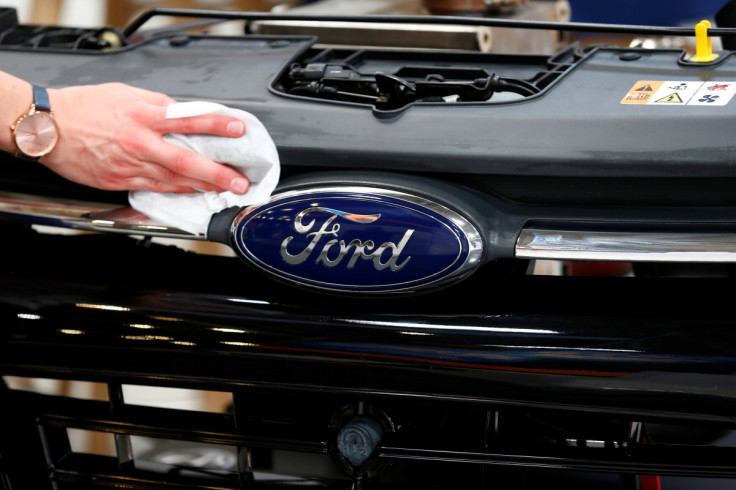Ford job cuts plan triggers union threat of Europe-wide disruption
German union IG Metall warned Ford on Monday that it would take measures impacting production across Europe if the company did not reverse plans to cut thousands of jobs in development in Germany and divert capacity to the United States.

German union IG Metall warned Ford on Monday that it would take measures impacting production across Europe if the company did not reverse plans to cut thousands of jobs in development in Germany and divert capacity to the United States.
Katharina von Hebel, vice-chief of the works council at Ford's German plants, said to news agency dpa that up to 3,200 job cuts were planned at the Cologne plant, which currently employs 14,000 staff.
According to a statement by German union IG Metall, the U.S. carmaker said at a works council meeting on Monday that thousands of development jobs would be cut and a "further massive reduction" of administrative roles across Germany was also planned in coming years.
At a separate meeting between management and workers representatives, Ford said it was planning a reduction of 65% in development jobs and around 20% in administrative jobs in Europe, a spokesperson for IG Metall said.
Ford declined to comment, referring to a statement on Friday in which it said that transitioning to electric vehicle production required structural changes but that it would not comment until plans were final.
"If negotiations between the works council and management in coming weeks do not ensure the future of workers, we will join the process. We will not hold back from measures that could seriously impact the company not just in Germany but Europe-wide," IG Metall said.
Ford of Europe produces, sells and services Ford brand vehicles in 50 markets, employing around 45,000 people at its own facilities and consolidated joint ventures, according to its website.
The U.S. carmaker has committed to selling exclusively electric passenger cars in Europe by 2030, and is planning three new electric passenger vehicles and four new electric commercial vehicles in Europe by 2024.
(Writing by Rachel More and Victoria Waldersee; editing by Matthias Williams and Louise Heavens)
Copyright Thomson Reuters. All rights reserved.






















